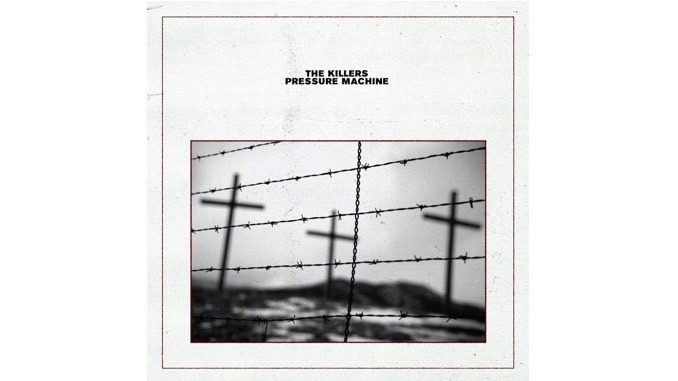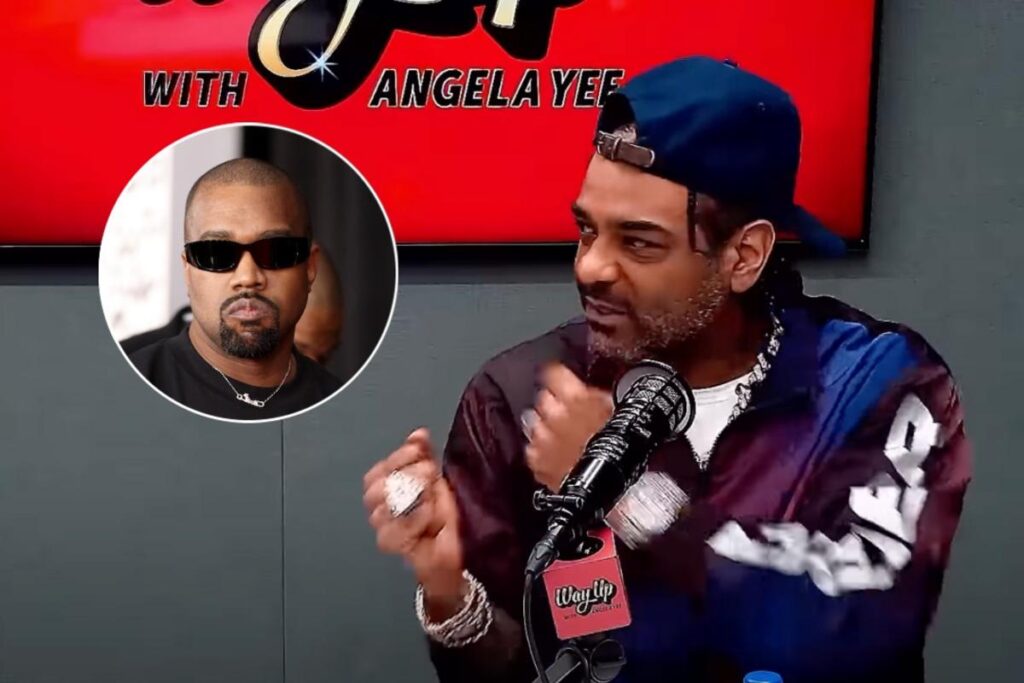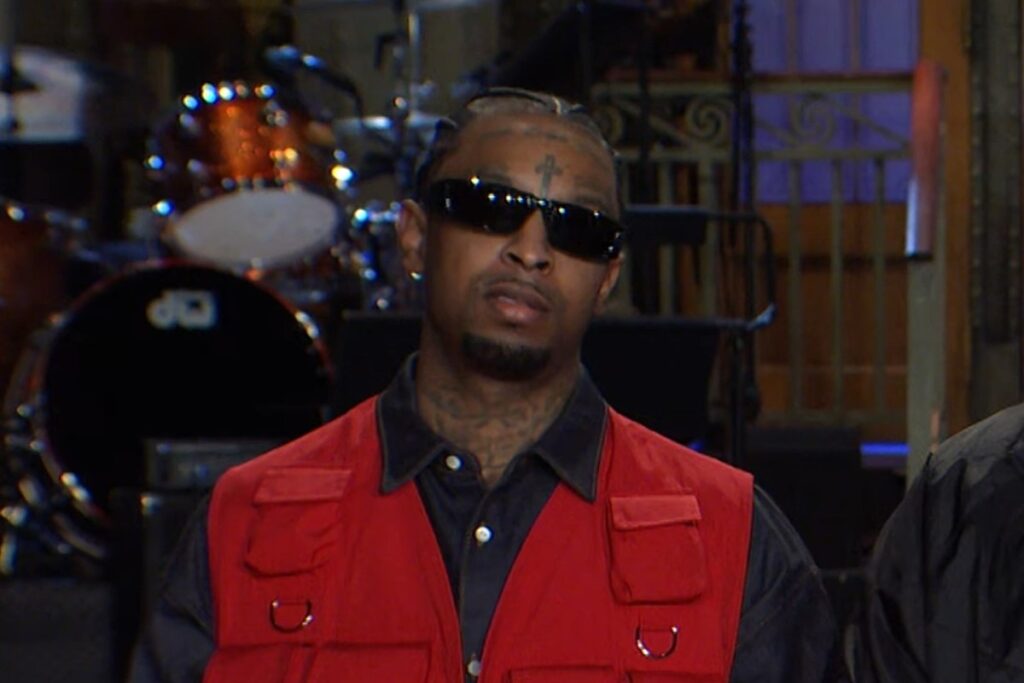Since their 2004 debut album, Hot Fuss, The Killers have consistently relied on their formula for radio-friendly pop-rock satisfaction: sauntering buildups, hyperbolic lyricism, lucid vocals and gargantuan instrumentation. Frontman Brandon Flowers manages to balance cheeky playfulness with captivating reverie. From the androgynous incantations of “Somebody Told Me” to the epic ‘80s whirlwind known as “Running Towards a Place” (from last year’s Imploding the Mirage), the band knows just the right buttons to push to generate magic in the studio. However, the glitz and glam emanating from one of the most successful acts hailing from Sin City can sometimes be a bit too blinding (as evidenced by Flowers’ infamous gold suits he dons onstage) and beg for some sort of divergence.
Pressure Machine serves as a much-needed departure from what The Killers regularly deliver. We’re not receiving loud and ostentatious—this time around, they opt to swap extravagance for introspection. While Flowers has executed sprightly power ballads before (“Shot at the Night” is a prime example of this), Pressure Machine dials up hollow eeriness using disturbing tales from his own hometown of Nephi, Utah.
Many of these songs aren’t meant for the raucous and sweeping energy of stadium performances—their heavy subject matter is draped in hushed acoustics, and is better suited for the innate intimacy of theaters and smaller venues. This particular concept album is told from the point of view of local townspeople who are disenchanted by their surroundings, but powerless to escape them.
“West Hills” is a stirring tale of a Nephi townie who gets caught with “hillbilly heroine pills,” but Flowers conveys this harsh reality with disarming softness: “They got me for possession of enough to kill /The horses that run free in the West Hills.” “Desperate Things” is a dark, fictitious tale of domestic violence, while “Terrible Thing” examines the thought process of a gay teen considering suicide.
The supernatural backdrop of “Cody” is wistful, yet enchanting. Ditto “Quiet Town,” which has drawn countless comparisons to Bruce Springsteen’s “Nebraska” for its stark depiction of small-town sadness and grief. “Runaway Horses,” a highly anticipated collaboration with indie darling Phoebe Bridgers, is as poignant as one might assume, while “The Getting By” tries to reiterate the notion that there is always some light at the end of a considerably gloomy tunnel, though that phrase ultimately feels obsolete.
Pressure Machine is consumed with dramatic intensity and Flowers’ vivid insights into a downtrodden city he once called home. His honesty is disconcerting, but in the best sense of the word. This is The Killers’ second album released during a pandemic, without the assurance of when it’ll be performed in front of an actual crowd. All of the emotional turmoil that this record holds makes it a thrilling—and kind of frightful—experience from start to finish. This isn’t an attempt at reinvention for a group nearly two decades into their career: It’s the sound of artists excavating the most personal and terrifying parts of themselves in order to heal.
Candace McDuffie is a culture writer whose work has appeared in outlets like Rolling Stone, MTV, NBC News, and Entertainment Weekly. You can follow her on Instagram @candace.mcduffie.




